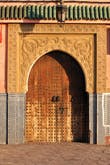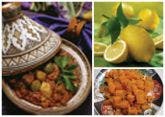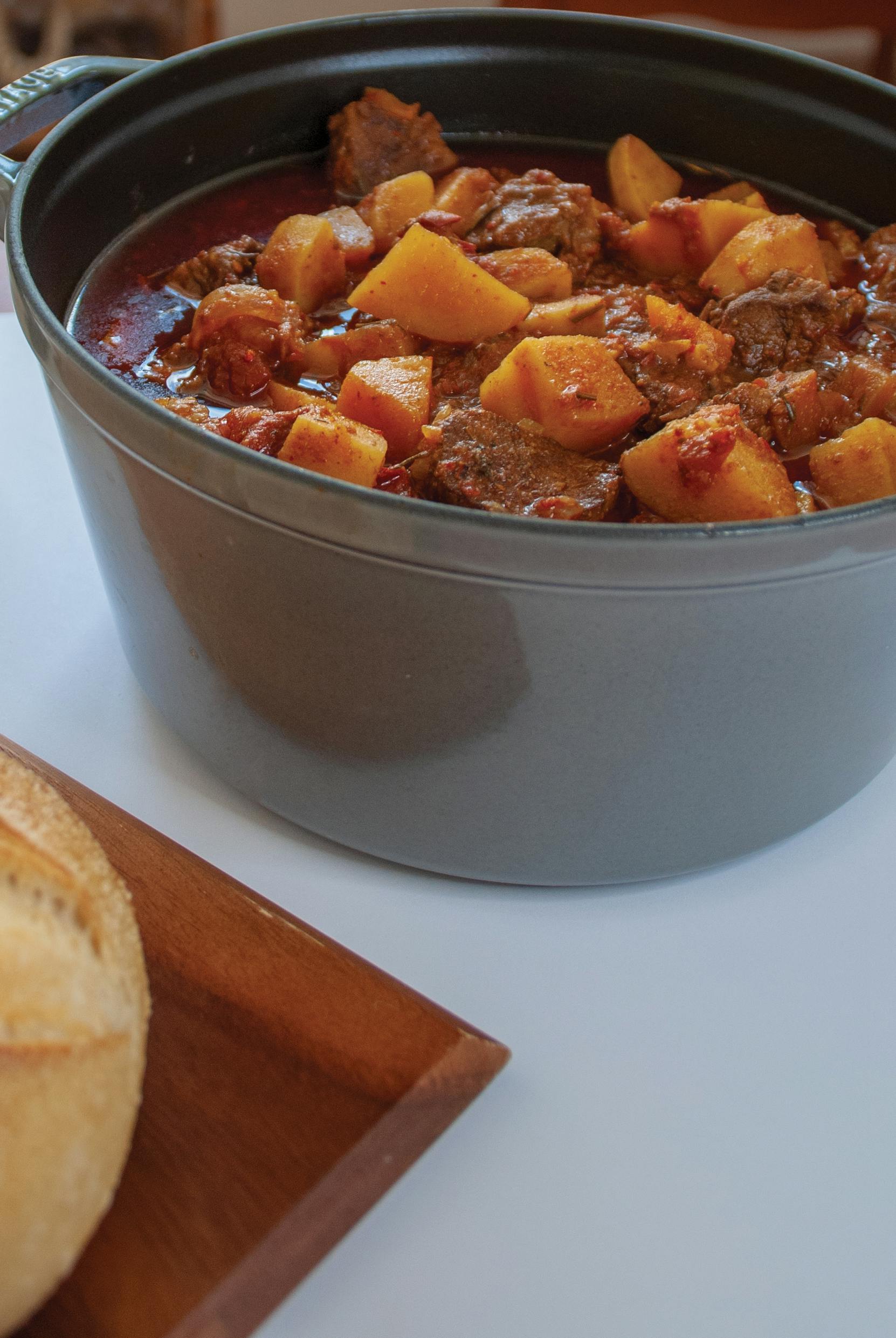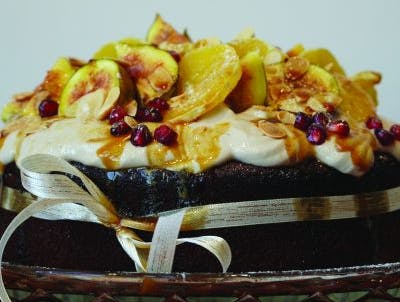Try Moroccan! Spicy Moroccan Carrot Salad

Of the early gaonim, only one existed who was not a native of Babylon, a man named Sa’adiah ben Joseph from Morocco. He was considered the greatest Jewish scholar of his age (10th century) and was a prolific writer, creating the first systematic explanation of Judaism, a book so well-loved that it is still in print today! He translated the Bible into Arabic and prepared a uniform prayer book for the Jewish people of the Arab world, always attempting to express the heart of Judaism rather than the letter of the law. The great Jewish scholar Maimonides said of him, “Were it not for Sa’adiah, the Torah [Gen.–Deut.] might have disappeared from the midst of Israel.”
Sa’adiah is not, however, the only contribution Morocco has made to the Jewish world. The small country in northwest Africa was the home of a dynamic Jewish community from pre-Roman times until 1967. This beautiful area of rugged mountains, lush valleys, deserts, and rich agricultural fields provided many economic opportunities for its Jewish population. With its culture a rich blend of Jewish, Arab, African, Persian, Moorish, and French influences, its Jewish community has produced a unique array of art, music, and cuisine that is celebrated worldwide.
Once ranking as the largest Jewish community in the Arab world, the Jews of Morocco lived a very uneven existence, sometimes under stable conditions with equality and prosperity, while, at other times, under extreme persecution, poverty, and uncertainty. In the 1950s, many Moroccan Jews chose to make aliyah (immigration to Israel). After the Six Day War in 1967, the political situation worsened for the Jews in most Muslim countries, and a large portion of the remaining Moroccan Jewish community immigrated to Israel. Today, Moroccan immigrants comprise nearly 15% of the population of Israel.
With them, came some of the most unique and wonderful arts, crafts, and cuisine of any of the Diaspora countries. Rugs, tiles, lanterns, clothing, and jewelry with a decided Moroccan flavor can be seen throughout Israel today, and according to studies done by the Ruppin Center for Immigration, Moroccan immigrants are some of the happiest and most content of all Israeli citizens.
Moroccan cooking is a distinctive blend of the ethnic influences of North Africa and uses elements found in no other cuisine in the world. Harissa and lemons pickled in salt brine are two condiments you won’t find anywhere else. The Moroccan tagine is a spicy stew that has become a hallmark of Moroccan cooking. And no sweets after dinner! Rather, “dessert” is eaten any time throughout the meal. By Cheryl Hauer, International Development Director
Spicy Moroccan Carrot Salad

8-10 carrots, peeled 2 cloves garlic, crushed 1 tsp cayenne pepper 2 tbsp lemon juice 1 tbsp oil 1 tsp salt 0.5 tsp ground cumin chopped parsley 1.5-2 tsp harissa
Cook carrots in boiling water for about 30 minutes or until tender. Cool and slice. Mix remaining ingredients, pour over carrots, and mix. Let stand for at least one hour.
Recipe from The Book of New Israeli Food by Janna Gur
Related Resources

Discover Your Purpose and God’s Heart For You
In today's divided, turbulent world, it's essential for the Church to rediscover God's heart. Our free e-book, authored by a seasoned expert with three decades of experience in Israel, delves deep into the teachings of Jesus (Yeshua) to reveal God’s principles of love and purpose. Learn how embracing these truths can bring significance and impact to your life, even amidst chaos. Subscribe now to receive your free copy and embark on a journey of transformation.



